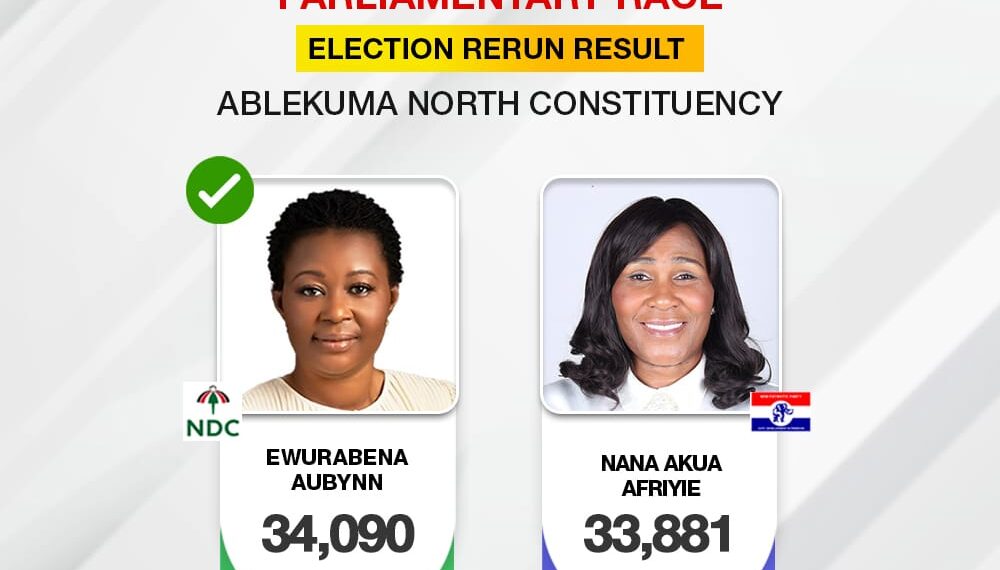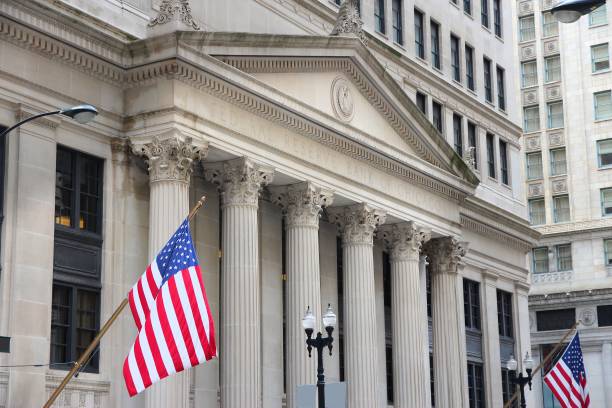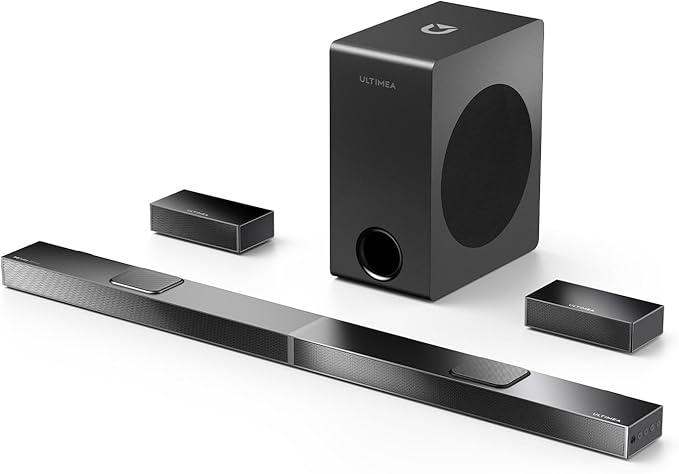
In what many are calling a political upset of the decade, the National Democratic Congress (NDC) has won the Ablekuma North parliamentary seat for the first time in 32 years. Once a fortress of the New Patriotic Party (NPP), this shocking result is sending ripple effects through Ghana’s entire political structure.
But how did this happen? Why does it matter? And what does this tell us about the mood of Ghanaian voters ahead of the 2024 General Elections?
This article breaks down the factors behind this historic NDC victory, what it means for both major parties, and why this one constituency might have just changed the game.
What Happened in Ablekuma North?
Ablekuma North, located in the Greater Accra Region, has been a reliable NPP stronghold for decades. In past elections, the NPP consistently won by wide margins thanks to its urban support base, religious alignment, and strong grassroots organization.
But in the latest by-election held in July 2025, the NDC’s Ashley Mensah won with 51.6% of the vote, beating the NPP candidate by a margin of just over 2,000 votes.
What’s even more surprising is that voter turnout increased, especially among first-time voters, women, and youth—groups the NDC has struggled with in this area historically.
Why Is This a Big Deal?
This victory is historic for several reasons:
-
First NDC Win in 3 Decades
Ablekuma North has voted NPP in every general election since 1992. A change here signals a seismic shift in urban voter behavior. -
Urban Voter Discontent
The result highlights growing frustrations among city dwellers—especially around unemployment, rent, transport fare hikes, and cost of living. -
Youth Power Surge
Over 62% of votes for the NDC came from voters under 35. This shows a major generational realignment is underway. -
NPP Internal Division
Reports indicate internal conflicts during the NPP primaries weakened the party’s campaign machinery in the constituency.
What Contributed to the NDC Win?
1. Targeted Messaging
The NDC used TikTok, Instagram Reels, and local influencers to connect with younger voters on issues like jobs, student loan reform, and housing.
2. Door-to-Door Ground Campaign
Rather than large rallies, the NDC focused on door-to-door canvassing, community events, and relatable town hall sessions.
3. Charismatic Candidate
Ashley Mensah, a 34-year-old entrepreneur and youth activist, appealed to young voters and women. Her background in tech and education made her relatable.
4. NPP’s Economic Backlash
With inflation hovering around 18%, the cedi’s performance weakening, and fuel prices up, many voters blamed the ruling party for economic hardship.
What Does This Mean for the 2024 Elections?
Here’s why every Ghanaian should pay attention:
-
Swing Constituencies Are Now Up for Grabs: If the NDC can win Ablekuma North, other previously safe NPP seats may flip too.
-
Urban Youth Are Now Kingmakers: Campaigns that ignore youth issues are doomed in 2024.
-
Women’s Vote is Decisive: The NDC invested in engaging women through empowerment programs—and it paid off.
-
Digital Campaigns Matter More Than Ever: WhatsApp, TikTok, and X (Twitter) have overtaken traditional media in influencing opinions.
What Are Ghanaians Saying?
“I didn’t vote in 2020, but this time I had to. Nothing was changing for us.” — Kofi, 25, student
“Ashley showed up in my neighborhood 3 times. The other guy only came once—for a rally.” — Ama, 37, trader
“It’s time the youth take charge of their future. This win gives us hope.” — Rashida, 29, tech worker







